NASA: Next Moon Astronauts Will Hike 10 Miles on Lunar Surface
That's 16 times farther than Armstrong and Aldrin walked.
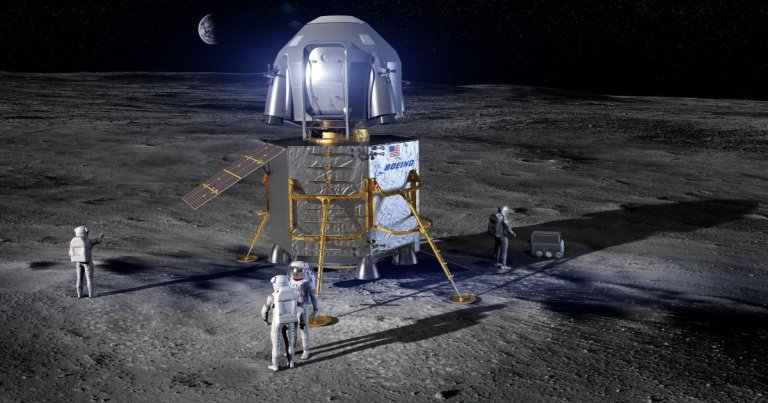
That's 16 times farther than Armstrong and Aldrin walked.

A radical new theory argues that Pluto harbors a vast underground ocean of water, like Earth — and even, possibly, life.

How did it get so close to its parent star?

And may help explain why the many stories of awful "recoveries" are so truly rough.

The remnants of dead stars could one day light the way for autonomous spacecraft.

"Our team spent days and nights to build these models very carefully…"

But Dr. Fauci warns of a calm before a storm.

With a ton of time on his hands, a biologist was able to discover nine new species of small flies.

"It's built for a time such as this."
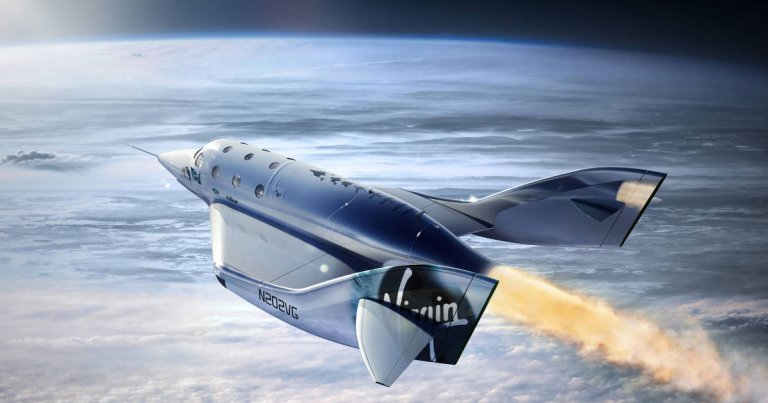
The company wants to be the middle man between NASA and private space travelers.

The carbon capture system can make plants cleaner and more effective.

VR sex is no longer just a hypothetical.

"Reliably creating long-distance interactions between electrons is essential for quantum computing."

Building huge new colliders is a terrible waste of money, a prominent physicist says.

Is this why some people are so much worse off than others?

A resurgence may "provoke a whole new and perhaps deeper sense of fear and uncertainty."
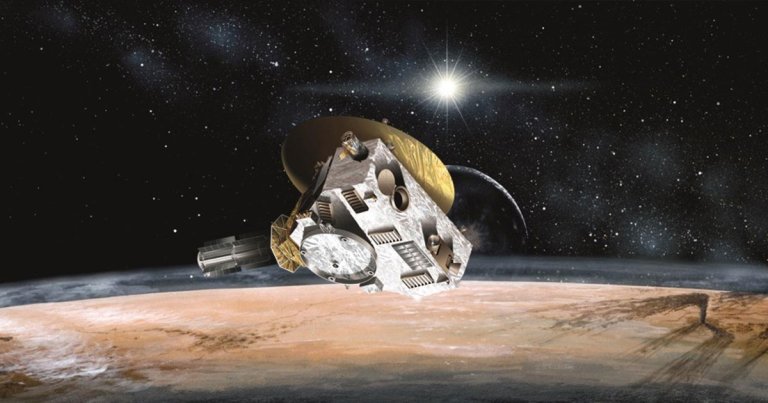
"It’s fair to say that New Horizons is looking at an alien sky, unlike what we see from Earth."
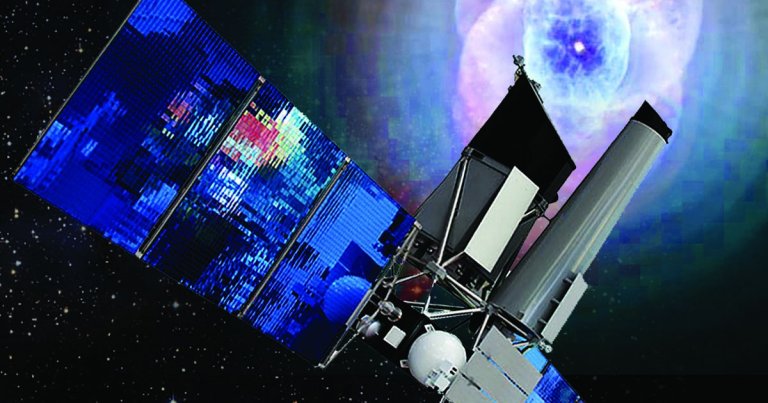
If you thought space was black, think again.

"That is a threat that we have to potentially be prepared for — a nuclear detonation in space."
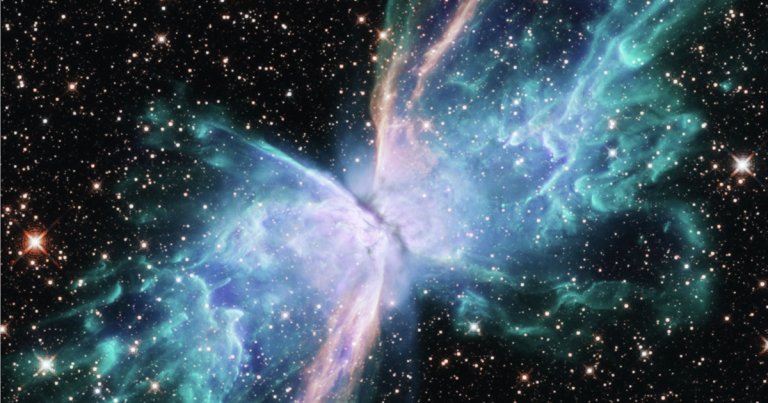
You've never seen stars like this before — with one foot in the grave.